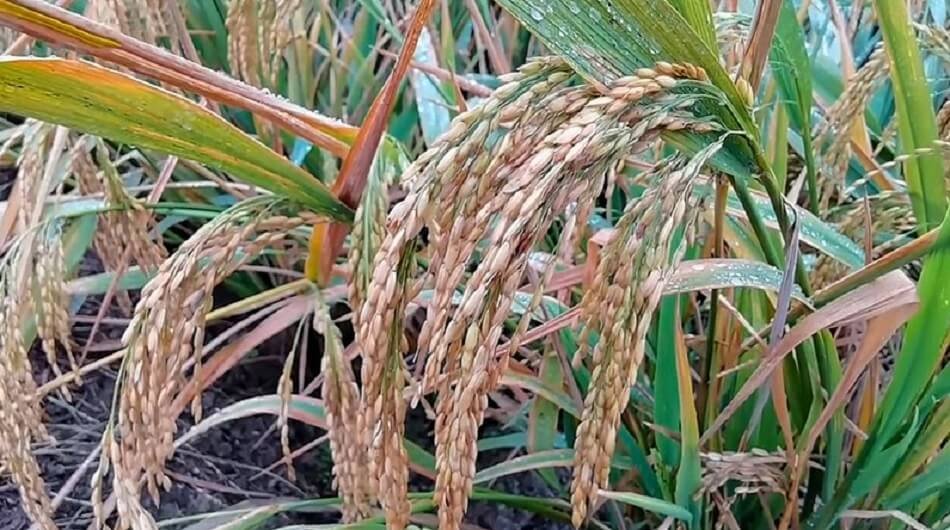Farmers network urged PM to encourage R&D of herbicide-tolerant (HT)
The Bharatiya Farmer Network, a national farmer collective, has urged Prime Minister Narendra Modi to encourage the development and distribution of herbicide-tolerant (HT) non-Basmati rice varieties.
While acknowledging the Indian Agricultural Research Institute’s (IARI) contributions to the development of HT Basmati rice, the network wishes to extend these benefits to a broader range of rice cultivators.
Non-Basmati rice makes up a large portion of India’s rice production, catering to both domestic and international markets. Also Read | Scientists express serious concerns over two herbicide-tolerant rice varieties launched by ICAR
In a recent letter to the Prime Minister, the farmers stated that, while the country has made progress in rice cultivation, persistent challenges, particularly weed control, pose a significant threat to production and profitability.
The letter discussed various challenges that rice farmers face, such as weed management, water scarcity, and labor shortages. It argued that HT non-Basmati rice varieties could address these issues by eliminating the need for manual weeding, conserving water, and lowering cultivation costs.
“Weeds fiercely compete with rice plants for vital resources like water, sunlight, and nutrients. If left unchecked, weeds frequently outcompete crops, resulting in significant losses for farmers,” Ravichandran Vanchinathan, a Network leader, stated in the letter.
He claimed that HT non-Basmati rice varieties could transform rice farming by effectively addressing the weed problem. By allowing the use of herbicides, these varieties would eliminate the need for manual weeding, which is both labor-intensive and costly.
These varieties, with their reduced tillage and flooding requirements, could help to conserve water and reduce methane emissions, aligning with India’s sustainable agriculture and climate action goals. Also Read | Govt responds to activists’ claim of regulatory flaws in GM mustard approval
He stated that small-scale farmers needed to gain access to technological advancements through knowledge transfer initiatives and comprehensive training programs. A science-based approach to agricultural policymaking, as well as a stable regulatory environment, are critical for driving innovation and investment in the sector.
“We are optimistic about the future of Indian agriculture, particularly the role that herbicide-tolerant rice varieties can play. We look forward to continuing our collaboration with research institutions, policymakers, and industry stakeholders to ensure that these innovations reach all rice farmers,” the letter said.


















Add Comment